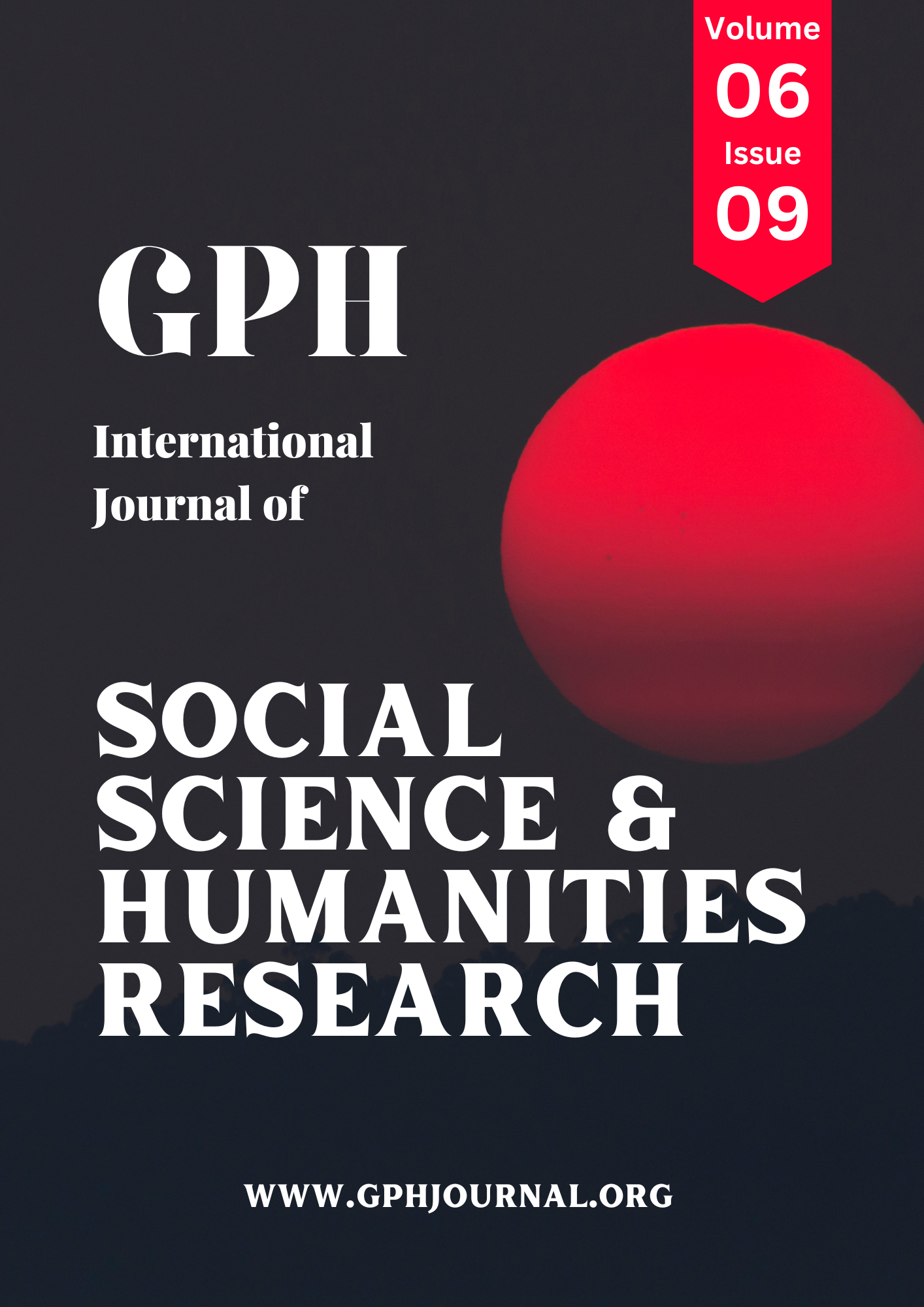RECALIBRATING BIBLICAL DISCOURSE INTO AFRICAN INDIGENOUS LANGUAGES THROUGH REWRITING
Abstract
Bible translators, especially those involved with translating the bible into African indigenous languages have become the torch bearers of evangelism and the proliferation of Christian literature in many communities. Thus, translators face the arduous task of expressing the often inaccessible, ancient and eternal message of the bible into local languages. Translating biblical concepts, ideas, rituals with efficacy such that the native audience experience the same evangelical effect, is the challenge that many bible translators are constantly called upon to grapple with. A poor rendering of biblical concepts, rituals, etc. may lead to ‘de-evangilization’ instead of evangelization, which is the main thrust of bible translation. This study therefore sets out to find out how the New Testament Book of Mark has been translated from English into Mokpe. Has the Book been translated or re-written, and if so, how? The study has as objective, to: (1) explain the relevance of rewriting in the translation of biblical discourse from English into an African indigenous language like Mokpe, and (2) to provide the strategies that have been employed to translate the bible from English into Mokpe through the strategy of rewriting. The study employed a corpus-based and analytical research design. 10 (ten) phraseological excerpts were selected from both the source and target texts and analyzed following Fairclough’s three dimensional model of critical discourse analysis (CDA). Findings reveal that the following micro-strategies were used to recalibrate or rewrite biblical discourse from English into Mokpe, with varying frequencies of occurrence: transposition (30%), modulation (50%), calque (10%), and substitution (10%).
Downloads
References
Bassnett, S. (1998c) “The translation turn in cultural studies.” In BassnetT, S. & Lefevere, A. (Eds). Constructing cultures: Essays in literary translation, pp 123-140. Clevedon: Multilingual Matters
Catford, J.C. (1995) A Linguistic Theory of Translation. Oxford University Press
Delisle, J. (1980) Analyse du discours comme méthod de tradition. Ottawa : Presse de l’Université d’Ottawa
Duff, A. (1981) About translation. Multilingual Matters. Cromwell Press Ltd
Even-Zohar, I. (1978) “The position of translated literature within the literary polysystem,” in Literature and translation 117-128. Leuven:Acco
Fairclough, N. (2005) Critical Discourse Analysis in Transdisciplinary Research on Social Change: Translation, Poverty and Social Inclusion. Lodz Papers in Pragmatics I
Izak, M. (2013) Polysystem theory and translation: A practical case in the multilingual context of Indonessia. Cenderawasih University: Papau Indonessia
Johnstone, B. (2008) A Handbook of Discourse Analysis. In Shiffrin D., Tannen, D., Heidi, E. (Eds). Blackwell Publishing
Kirk, F. (2022) Bible translation as holistic mission, Wydliff Global Alliance
Larson, M.L. (1998) Meaning-based translation: a guide to cross-language equivalence. University Press of America
Lefevere, A. (1992) Translating, rewriting and the manipulation of the literary fame, London and New York: Routledge
Mojola, A.O. (1999) God speaks in our own languages – Bible translation in East Africa – 1884-1998. Nairobi: Bible Societies
Nakutunda-Togboa, E. (2008) From the Language of Conflict to that of Peace: The Role of Discourse in the Conflict in Northern Uganda. Discourse, Peace and Conflict Journal (UPEACE) Vol. 1 No, 1
Newmark, P. (1988, 2001) Approaches to Translation. Maryland Prentice Hall International
Nida, E. (1985) Translating means translating meanings: A sociosemiotic approach to translation. Leiden: E.J. Brill
Shuttleworth, M. & Cowie, M. (1997) Dictionary of translation studies. Manchester, St. Jerome
Venuti, L. (1997) The Scandals of Translation: Towards an Ethics of Differences. New York: Routledge
Voorhies, S.T. (1999) Transformational development: God at work hanging people and theircommunities. In Winters, R.D. and Hawthorne, S.C. (Eds). Perspectives on the World Christian Movement. Pasadena, C.A: William Carey Library
Copyright (c) 2023 Dr. Thomas Njie Losenge

This work is licensed under a Creative Commons Attribution-NonCommercial-NoDerivatives 4.0 International License.
The authors and co-authors warrant that the article is their original work, does not infringe any copyright, and has not been published elsewhere. By submitting the article to GPH-International Journal of Social Science and Humanities Research, the authors agree that the journal has the right to retract or remove the article in case of proven ethical misconduct.














 Firozpur Jhirka, Haryana, India
Firozpur Jhirka, Haryana, India

